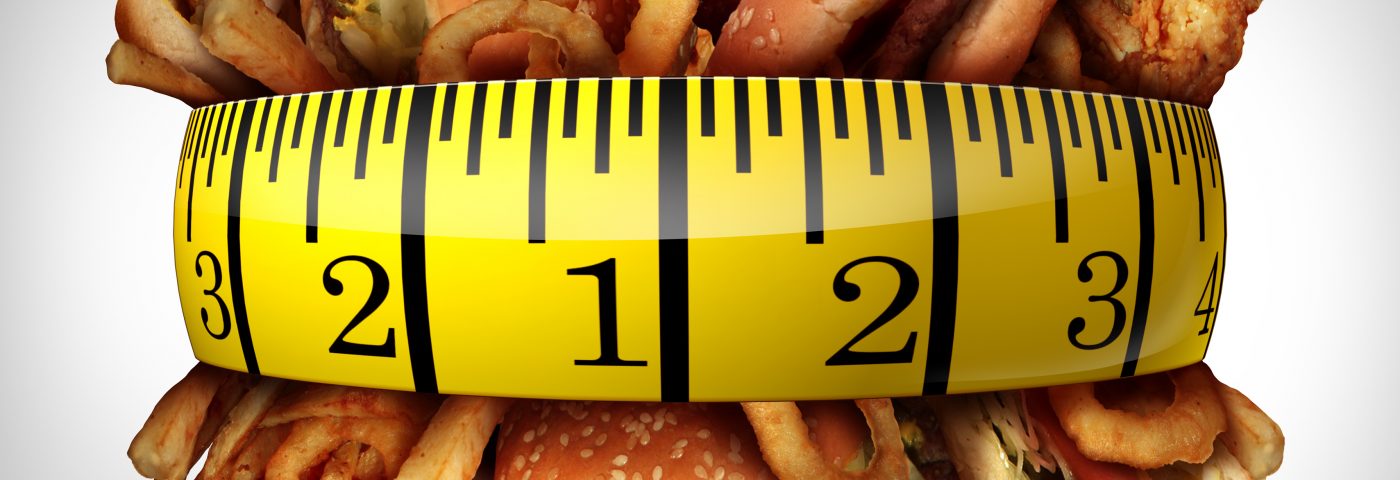The U.S. Food and Drug Administration (FDA) recently approved the AspireAssist obesity-treatment device, which allows patients to drain part of their stomach contents after each meal, preventing the body from absorbing approximately 30 percent of the calories consumed.
The device, developed by Aspire Bariatrics, helps weight loss in obese patients with a body mass index (BMI) of 35 to 55, who have been unsuccessful in losing weight with nonsurgical weight-loss therapies.
The device consists of a tube that is endoscopically placed through an incision in the skin into the stomach, and a valve with a disk-shaped port that is positioned outside the body, flush with the abdominal skin. About 20 to 30 minutes after eating, the patient connects the device’s external connector and tubing to the port valve, then opens the valve to drain the contents into the toilet. The process takes 5 to 10 minutes.
“The AspireAssist approach helps provide effective control of calorie absorption, which is a key principle of weight management therapy,” said William Maisel, MD, MPH, deputy director for science and chief scientist in the FDA’s Center for Devices and Radiological Health, in a press release. “Patients need to be regularly monitored by their healthcare provider and should follow a lifestyle program to help them develop healthier eating habits and reduce their calorie intake.”
FDA approval was based on data from a study in which 111 patients received treatment with AspireAssist in combination with proper lifestyle therapy, including nutrition and exercise counseling, and 60 patients who were treated only with lifestyle therapy. At 12 months follow-up, patients using the AspireAssist device lost a average 12.1 percent of body weight compared to 3.6 percent for the patients who were not treated with the device.
Both groups of patients had small improvements in obesity-related conditions, including hypertension, diabetes, and quality of life. These improvements may be associated to the lifestyle therapy.
According to the FDA release, patients need to be closely monitored by a health professional during treatment with the AspireAssist to shorten the tube as they lose weight and abdominal width, to monitor the use of the device and weight loss, and to offer lifestyle therapy counseling.
The device should not be used by patients who are pregnant or lactation, who have eating disorders (diagnosed bulimia and binge eating disorder, night eating syndrome), uncontrolled hypertension, inflammatory bowel disease, stomach ulcers or certain previous abdominal surgeries, and those with a history of cardiovascular or pulmonary disease, chronic abdominal pain, coagulation disorders, or at an elevated risk of clinical complications from an endoscopic procedure.


